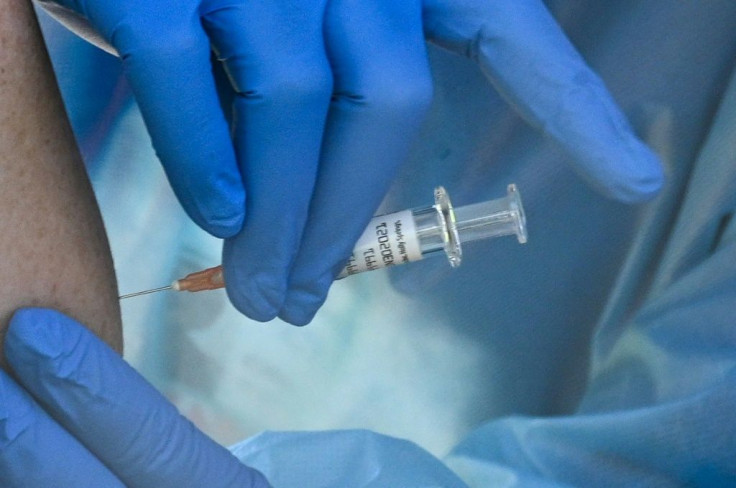US Coronavirus Vaccine Distribution To Cost $30B: Who Will Get It First?
KEY POINTS
- The US government will spend $30B to distribute coronavirus vaccines
- The first doses will likely go to health care workers and seniors
- The general public would have access to the vaccine by April 2021
The U.S. federal government is set to spend $30 billion to distribute coronavirus vaccines and inoculate millions of Americans in the coming months, Senate Minority Leader Chuck Schumer said on Sunday.
Schumer warned that Americans would have difficulties getting the vaccine shots after the Food and Drug Administration grants authorization if Congress does not approve funding.
“With a COVID-19 vaccine waiting in the wings, federal dollars need to follow if we are going to get this right and overcome this pandemic,” Schumer said.
The federal funds are needed to pay health care workers, and to establish a program that would encourage the public to get vaccinated, the New York Daily News reported.
“States like New York will need funding to make sure the resources required once the vaccine is made available are both in place and in progress,” Schumer added. “This should be a moment of clarity for everyone. This is a huge crisis and we need big relief.”
The U.S. is preparing for a widespread distribution of Pfizer and BioNTech’s coronavirus vaccine, which is expected to be the first to receive authorization from the FDA.
Once the vaccine is approved, Pfizer expects to produce enough doses for 12.5 million Americans by the end of this year, the drugmaker said.
Other vaccine makers, including Moderna and AstraZeneca, are likely to receive emergency-use authorization in the coming weeks.
However, the first doses of all the vaccines being developed will be limited, and widespread distribution will be unlikely until the end of 2021, CNET reported.
Bill Gruber, senior vice president of vaccine clinical research and development at Pfizer, said the drugmaker’s coronavirus vaccine would likely be given initially to health care workers who are at high risk of exposure. People at risk of developing severe cases of COVID-19, such as senior citizens and nursing home residents, also are on track to receive the first doses.
The U.S. Centers for Disease Control and Prevention also has identified four priority groups expected to be given the first batch of coronavirus vaccines around mid-December. The list included roughly 20 million health care workers, 87 million essential workers, 100 million people with underlying medical conditions, and 53 million adults age 65 and over.

© Copyright IBTimes 2025. All rights reserved.






















